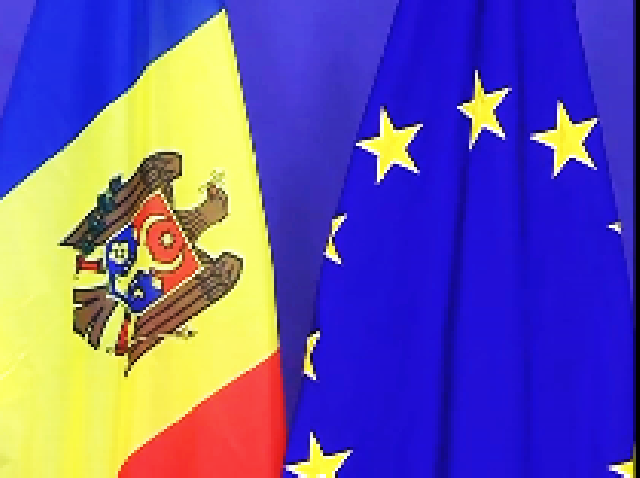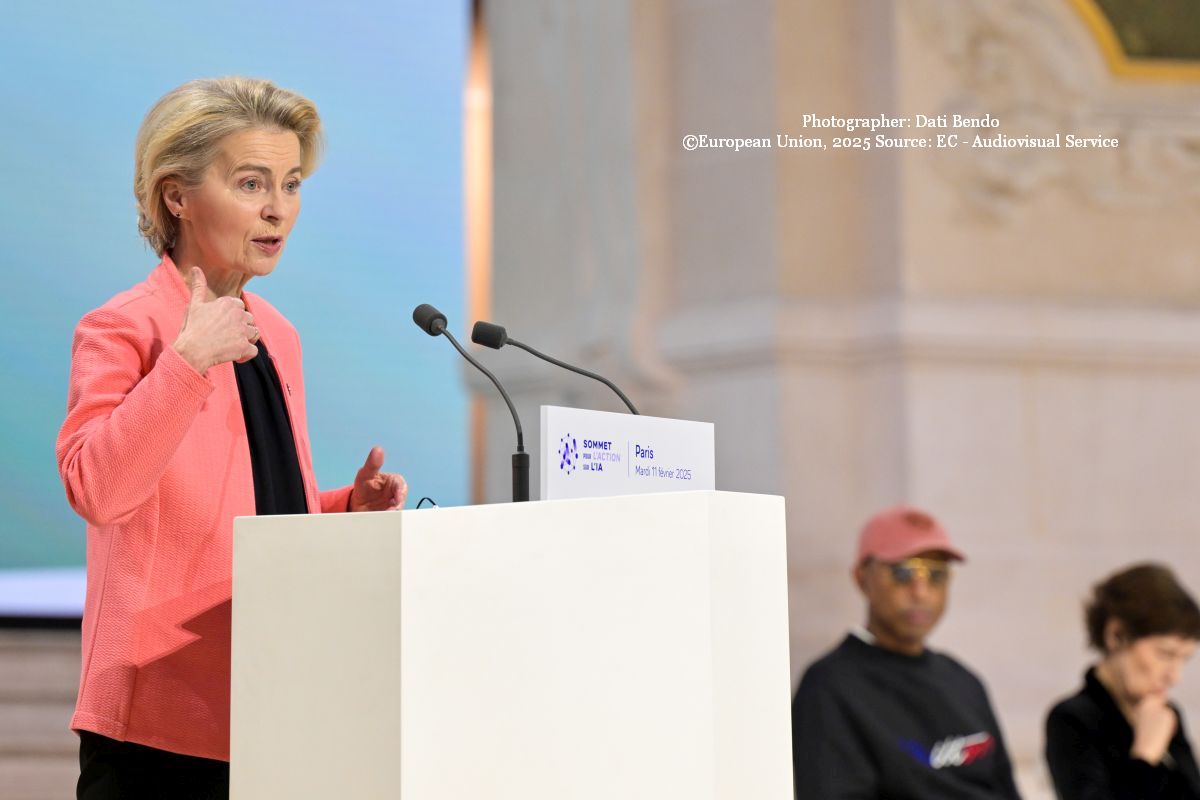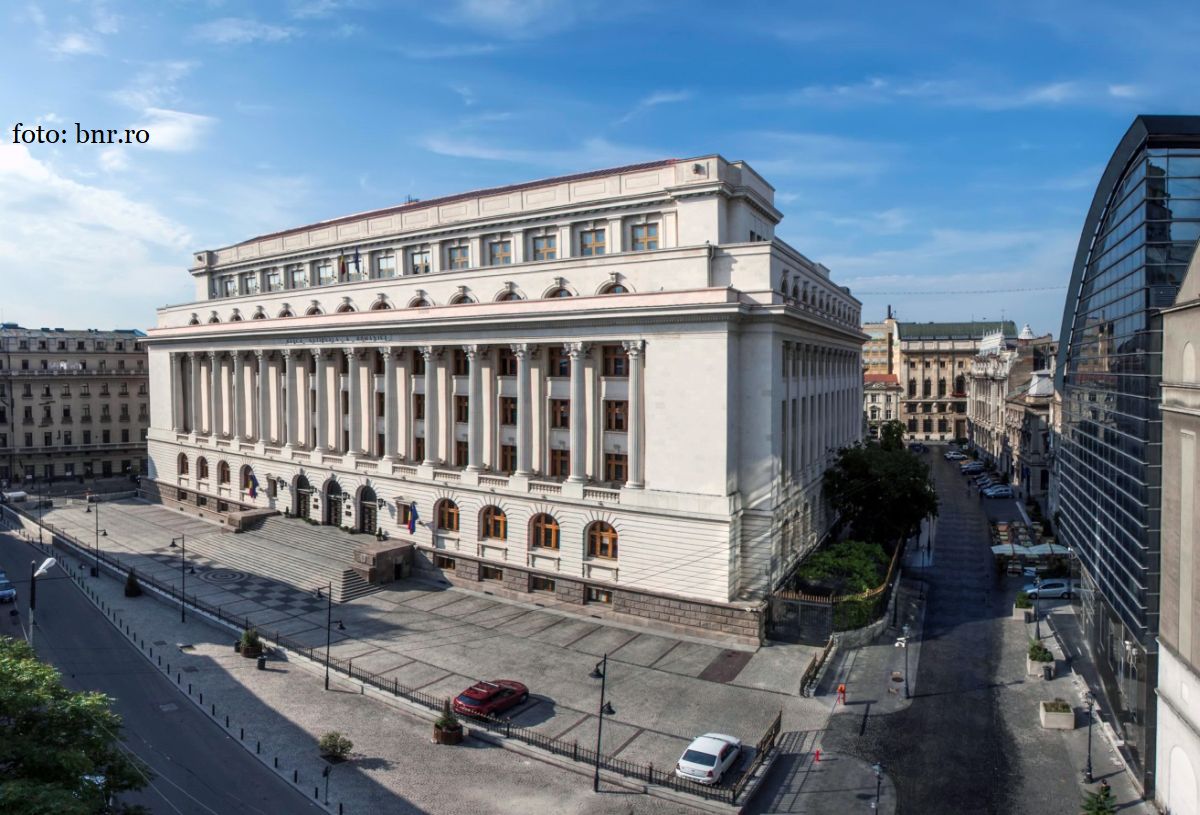Chisinau-Moscow Frictions
Chisinau is looking for economic solutions, shifting focus on the EU and Romanian markets.

Valentin Țigău, 06.08.2014, 13:08
The economy of the Republic of Moldova focuses increasingly on the EU market. In the first five months of the year, its exports to the EU grew by over 22%, while exports to the Commonwealth of Independent States dropped nearly 19%, although these still account for the bulk of the Moldovan exports.
According to the deputy Agriculture Minister of Moldova, Vladimir Loghin, quoted by the Radio Romania correspondent, in order to offset the Russian economic embargo on Moldova, Romania has provided practical support and is working on a programme to support fruit and vegetable producers and processors. Bucharest has mediated contacts between the Moldovan economic mission and leading commercial networks.
Thanks to the efforts made by the European Commissioner for Agriculture, Dacian Ciolos, for Trade, Karel de Gucht and for Enlargement, Stefan Fulle, the EU decided to return to Moldova the duties on apple, plum and grape exports, whose quotas have already been doubled.
After prohibiting wine imports from Moldova last September, Russia has recently denied the access of meat products, fruit and vegetables from Moldova. Moscow says that the entry into force of the association agreement between the Republic of Moldova and the EU generates contradictions between the EU market and the CIS. But according to Pirkka Tapiola, head of the EU delegation in Chisinau, the EU has never asked Moldova to impose trade barriers on Russia, because in fact the EU association and free trade agreement is fully compatible with the free trade agreement Moldova has with the CIS.
Trade restrictions are just one of Moscow’s weapons, which has threatened Europe with higher energy prices, Russia’s instrument of choice for undermining the EU solidarity. Moscow’s economic retorts affect not only the Republic of Moldova, but also Poland, Ukraine, Romania and even the United States. They come at a time when the EU and USA impose sanctions on Moscow over its involvement in the conflict in east Ukraine. The third round of sanctions has been initiated almost concurrently by the EU and USA, and its effects on the Russian economy are expected to be substantial and relatively quick.






























